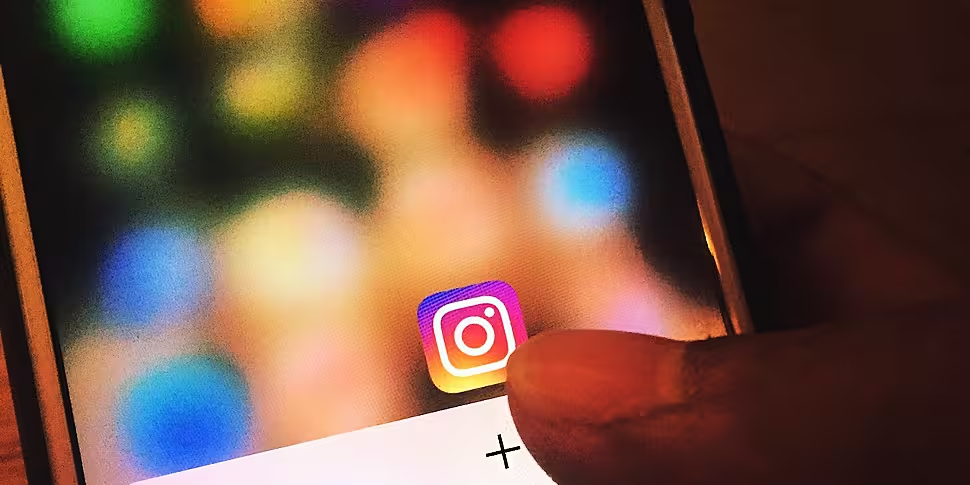A woman living with an eating disorder says influencers are using the term too loosely, and it is in danger of losing its impact.
Roisin Doyle says she was 15 or 16 when she developed an eating disorder.
She told Lunchtime Live there is a difference between an eating disorder and disordered eating.
"Over the past year, I'm sure everyone's well aware, that diet culture has been prevalent - and especially throughout the pandemic.
"But one thing I've noticed with younger people and with influencers is that the word 'eating disorder' and 'having an eating disorder' I feel has been thrown around a bit loosely.
"People share stories about having an eating disorder online - and really what they're talking about is a period of disordered eating.
"And I feel like it's such a serious illness, and if the term if used too loosely, it kind of takes away the seriousness of it".
She said in her opinion, the difference is the effect an eating disorder has.
"Disordered eating is an awful thing to go through, but it doesn't have the same effect that an eating disorder would have on a person.
"An eating disorder is a mental illness, I think disordered eating is... a pattern of behaviour that you can treat a lot easier than an eating disorder".
She said the ugly side of the disease should not be hidden away.
"I think with eating disorders and young people, if you're talking about an eating disorder, shove it in their face - the ugly side of it".
"For people that are experiencing disordered eating, obviously it's very important that they address it.
"But I think with people on social media and stuff - for me, I'm 20-years-old and the physical implications of this illness are ugly - they're not glamorous, they're ugly".
"You want the rates of eating disorders to go down not up - and if very influential people on social media are coming out and talking about disordered eating, and labelling it an eating disorder, it's not going to scare young people away from engaging in behavours, I think".
Sectioned under the Mental Health Act
Roisin said her disorder began after the death of her granny.
"I lost my nan, and I think that's definitely what started it.
"I definitely struggled with disordered eating before that, obviously, because I would have struggled with binge eating and stuff."
"But when my nan passed away, it definitely spiraled things out of control."
"Within the first year of my eating disorder, I dropped a lot of weight very fast and I started fasting.
"And then I would have struggled with binging and purging and over-exercising".
"Throughout the years, obviously, the behaviours have manifested themselves in different ways".
She said she was hospitalised in January 2017 for the first time - a year into her disorder.
"I was sectioned under the Mental Health Act, actually, so it was involuntary - but at the time, I'd only been unwell for a about a year.
"I was always so used to being on the opposite end of the spectrum; it all happened so fast, I had lost the weight so fast".
'My eating disorder destroyed my smile'
She said after she was discharged, eight or nine weeks later, she still struggled.
"I do believe at that time, the earlier you treat the eating disorder the better - so the pattern of behaviours aren't as entrenched I think within the first year."
"I maintained a healthy weight for about a year, I maintained a good level of health - I struggled obviously."
"I was still struggling mentally, but my body was OK".
She said one of the biggest implications for her was her teeth.
"I always said no matter how much I weighed I always loved my smile, I was always very confident with my smile.
"And my eating disorder's destroyed that for me".
She added that the pandemic has hit her hard, as it took away her structure.
"For me, the only time I've ever really been successful with regulating my eating in some way has been when I've had a structure and a routine in my day.
"And obviously the pandemic's taken that away from me.
"I've definitely struggled, but I have an amazing therapist, I have a really good GP... and I have the support of my mom as well".
Anyone affected by issues raised in this article can contact BodyWhys on 01-210-7906 or e-mail alex@bodywhys.ie









